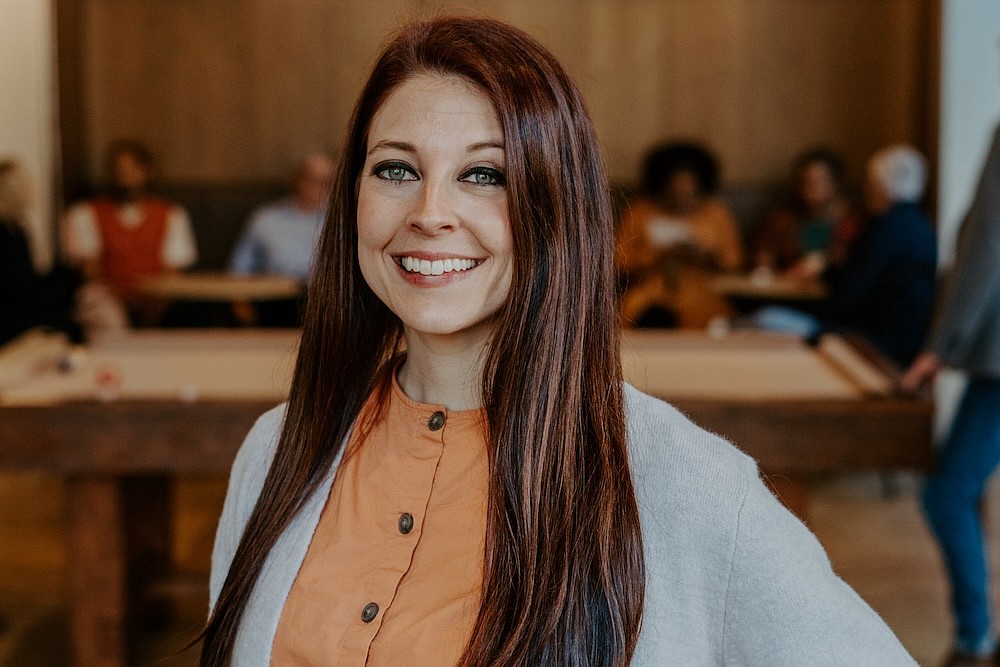The other night, I was rocking my toddler (who was thrashing like a caffeinated salmon because she wanted to wear a tiara to bed), and my 6-year-old was yelling from the other room that he couldn’t find his favorite bedtime book. At that moment, I wasn’t regulated. I wasn’t reflective. I wasn’t calm. I was just a woman on the edge, whisper-screaming, “Everybody breathe!” mostly to myself.
Which is why I was so intrigued by a recent article in The Atlantic called “Enough With the Mom Guilt Already.” It offers a bit of a backlash to what it calls “therapy-influenced parenting culture,” that wave of messaging that tells parents our emotional state at any given moment determines the future success, stability and sparkle of our children. If we don’t narrate every tantrum with gentle coaching and perfect patience, we’ve failed them forever.
And listen, part of me agrees. That pressure is intense. Unrealistic. Soul-sapping, even. We’re not trauma surgeons on call for our children’s every emotional scrape. We’re people who are trying to raise humans while also managing a million other things and, ideally, find a shred of our own identity.
But here’s the tricky part. Just because that pressure is too heavy doesn’t mean we should shrug off the importance of doing some inner work.
Because the truth is, self-regulation matters. Not perfection, just the ability to pause, notice your own emotions and not always act from the rawest part of them. Research backs this up. Parents who are better at managing their own stress tend to respond to their kids with more warmth and less harshness. That kind of consistent, safe response builds trust, and trust builds healthy kids.
It’s not about whether you never yell. It’s whether you’re learning to come back to center when you do. Whether you can say, “Hey, Mommy was really frustrated earlier. That wasn’t your fault. I’m working on it.” That kind of repair work — naming it, owning it, modeling it, apologizing if you need to — is gold for our kids. It shows them how to be human and how to grow.
At the same time, The Atlantic makes a crucial point: Not everything our kids do is a mirror of our parenting. Some things are genetic, like their temperament. The wild wiring of their own little brains. We can have two children raised in the exact same environment, and one is a tornado while the other is a daffodil. That’s not failure. That’s individuality.
Of course, understanding the weight of genetics doesn’t mean how you parent doesn’t matter. It really does. It just means we’re co-pilots, not sole architects. We influence; we don’t dictate.
There’s also this: Our cultural obsession with “perfect parenting” ends up turning every single hiccup into a referendum on our worth. Moms especially internalize every meltdown as a verdict. Every act of independence feels like a rebellion. We think, if I’d just been more emotionally available … maybe they wouldn’t be struggling now. And that guilt? It doesn’t make us better parents. It makes us brittle. Defensive. Exhausted.
So where’s the sweet spot?
I think it lives somewhere in the space between awareness and acceptance. We should absolutely strive to understand our own patterns, our triggers and the way our childhoods sneak into the present moment when we’re parenting. That’s noble. It’s powerful. But we should do that work not because we’re broken, but because we’re growing. And we should give ourselves the same grace we want to extend to our children.
They will stumble. So will we.
They will need space to be their own person. And we’ll need space to not always take that personally.
It’s OK to be a mom who apologizes. It’s also OK to be a mom who loses it sometimes, forgives herself and tries again the next morning, armed with coffee and good intentions.
So the next time you find yourself spiraling because your child is flailing in Target or sobbing over the wrong color cup, take a deep breath. Ask yourself, “What does my child need from me right now?” But also ask, “What do I need to respond well?” And if the answer is “a snack, a moment and maybe a nap,” that’s valid.
You’re not ruining your kid if you can’t be their emotional anchor 24/7. You’re showing them how to be resilient. How to bounce back. How to live in a real world full of real people who are doing their best.
Let’s stop parenting from a place of panic and start parenting from a place of grounded love. Not perfect love. Not flawless love. Just the kind that keeps showing up, even when wearing the tiara to bed is non-negotiable.
Lauren Hall is president and CEO of family advocacy nonprofit First Things First. Email her at lauren@firstthings.org.

